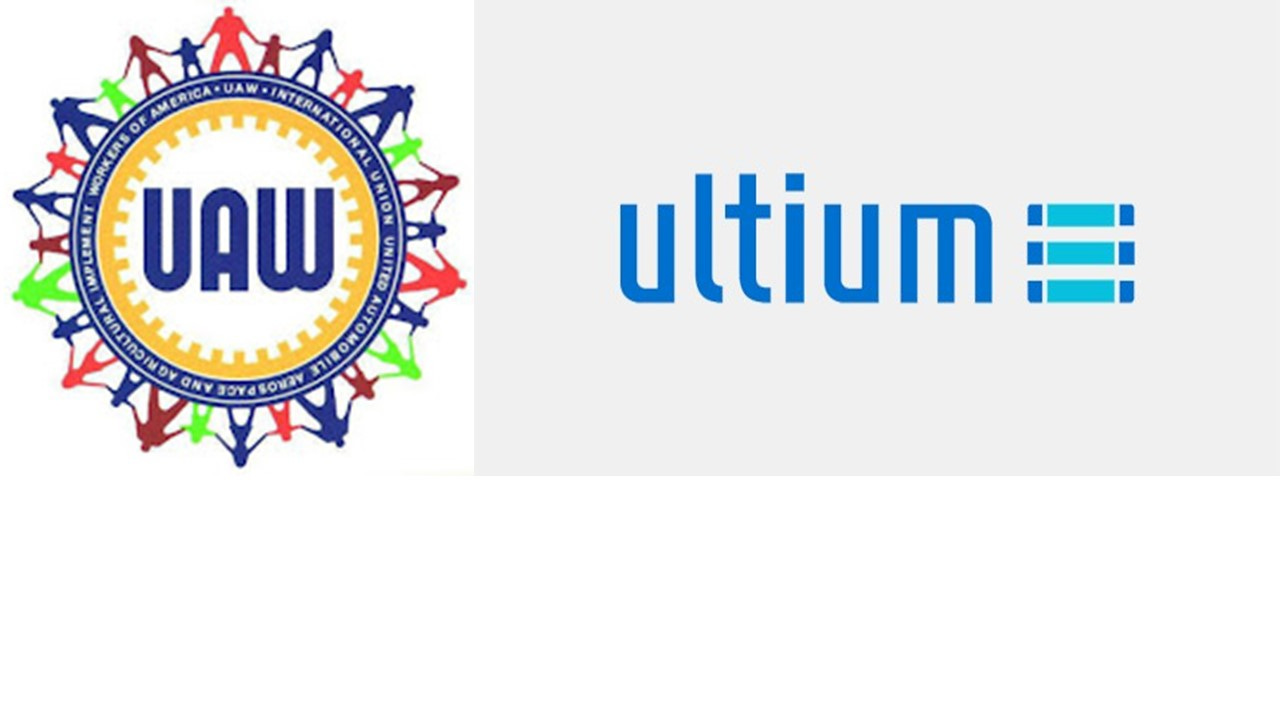UAW, Batteries, and Mack Trucks
A C-Suite Quick Take
Though easy to miss in this time of global turmoil and war, there were two developments with the UAW this week with potentially far-reaching implications. GM agreed to include a joint-venture battery plant under its National Agreement with the UAW and workers at Mack Trucks rejected a tentative agreement approved by UAW leadership and began a strike.
The predominant drivers of the Detroit 3 strikes are economic – the UAW’s desire to rescind economic concessions and capture a bigger share of Detroit 3 revenue.
However, the UAW does have job security concerns, particularly at engine plants, and is fighting the ongoing decline in UAW membership at the Detroit 3.
Covering battery workers under the Detroit 3 agreements assures that those will be high-paid UAW jobs.
Battery plant investments will become even riskier decisions for the Detroit 3, particularly with battery and EV subsidies under political threat.
There is a risk that the Detroit 3 will have a structural cost disadvantage in EVs, like they had in ICE vehicles before their bankruptcy crisis 15 years ago.
The rejection by 73% of Mack Trucks workers of the tentative agreement shows how hard it will be to end the labor disruption of the US auto industry and business in general.
Though some politicians and reporters have blamed the UAW strikes on the transition to electric vehicles, the primary demands of the UAW have been economic. Large wage increases, the return of cost-of-living adjustments, and an end to “lower-tier” wages have been central issues. Pension improvements and additional time off have also been demanded. None of these are related to EVs.
However, the UAW has clearly been worried about batteries. In past contracts, the UAW agreed to lower wages and other concessions to persuade GM to bring battery pack manufacturing in-house. It worked hard to unionize the Ultium battery plants in GM’s joint venture with LG Chem. But since these facilities were not part of GM’s National Agreement, they could not even be legally discussed at the national bargaining table and would likely have much lower wages and benefits than GM’s assembly plants. GM’s apparent decision – under threat of an expansion of the strike Friday to the highly-profitable Arlington truck plant – to offer to include the battery plants under the National Agreement was a major strategic victory for the UAW. Several thousand workers will get large raises and the UAW symbolically solidifies its future.
The UAW will place intense pressure on Ford and Stellantis to make a similar concession. But these plants are just being built. Ford’s decision to put its battery plant on hold is a sign that the likelihood of National Agreement coverage may cause the companies to rethink their entire battery strategy. Battery plants are enormous investments. The optimal battery chemistry is far from clear and the companies may want to retool their plants if the chemistry or materials or design changes. Their battery partners may have qualms about being involved in plants with labor risk. EV demand and EV profitability are both highly uncertain, and the National Agreements both increase costs and reduce flexibility. Numerous Republicans have attacked both battery and EV consumer subsidies, so the longevity of these incentives is also uncertain. The companies may decide that the strategic benefits of building the batteries are outweighed by these risks and buy the batteries instead.
Even if the Detroit 3 make rather than buy their batteries, the extra labor costs at both battery and assembly plants create a risk that their EVs will have a structural cost disadvantage to non-union competitors from Tesla to Hyundai to Chinese EV makers (who already have significant market share in Europe). For 40 years before 2009, the Detroit 3 had a significant cost gap to their rivals whether the vehicles were imported or produced at “transplant” facilities. The gap was a major factor in the declining market share of the Detroit 3, in turn triggering a downward spiral. Will this UAW contract end up being a similar win for Tesla? The Detroit 3 are massively committed to EVs and any structural disadvantage would undermine their recent success and future.
The other UAW news was also a surprise. The rejection of the Mack Trucks tentative agreement by 73% of their workers is a shorter-term risk to the Detroit 3. Mack Trucks, owned by Volvo, was not directly involved in the Detroit 3 bargaining. But the UAW leadership had approved the tentative agreement even though it was much less of an increase than they are asking in Detroit. But Mack workers said no – a sign that Shawn Fain’s rhetoric is raising member expectations across the UAW. There is substantial risk that the Detroit 3 UAW members will say no when the leadership finally reaches agreement, which in turn will make the leaders reluctant to agree. Moreover, even after a national settlement with the Detroit 3, many local agreements must be negotiated, and numerous suppliers must reach UAW deals. The aggressiveness and restiveness are unlikely to end soon and the industry will not have a smooth recovery after an agreement is announced. In turn, the UAW example may spread to other industries in the months and years to come. The 40 years of remarkably peaceful labor relations in the US has come to an end.


